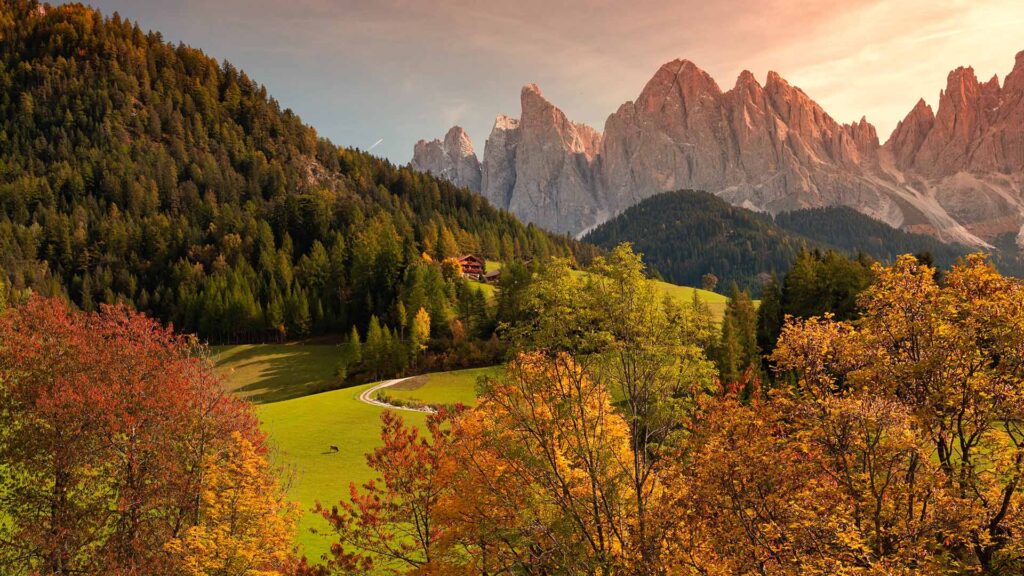
The Sabbath Perverted
Despite the blessings promised in connection with the Sabbath, its observance in ancient Israel often became formalized and legalistic. Many of the Old Testament prophets spoke and wrote passionately about this “ritualization” of the Sabbath. For example, Isaiah wrote, “To what purpose is the multitude of your sacrifices unto me? Saith the Lord… Bring no more vain oblations; incense is an abomination unto me; the new moons and sabbaths, the calling of assemblies, I cannot away with; it is iniquity, even the solemn meeting” (Isaiah 1:11, 13). Amos, another prophet, decried the anticipation of Sabbath’s end shared by many people: “Hear this, O ye that swallow up the needy, even to make the poor of the land to fail, Saying, When will the new moon be gone, that we may sell corn? And the sabbath, that we may set forth wheat, making the ephor small, and the shekel great, and falsifying the balances by deceipt?” (Amos 8:4-5).





